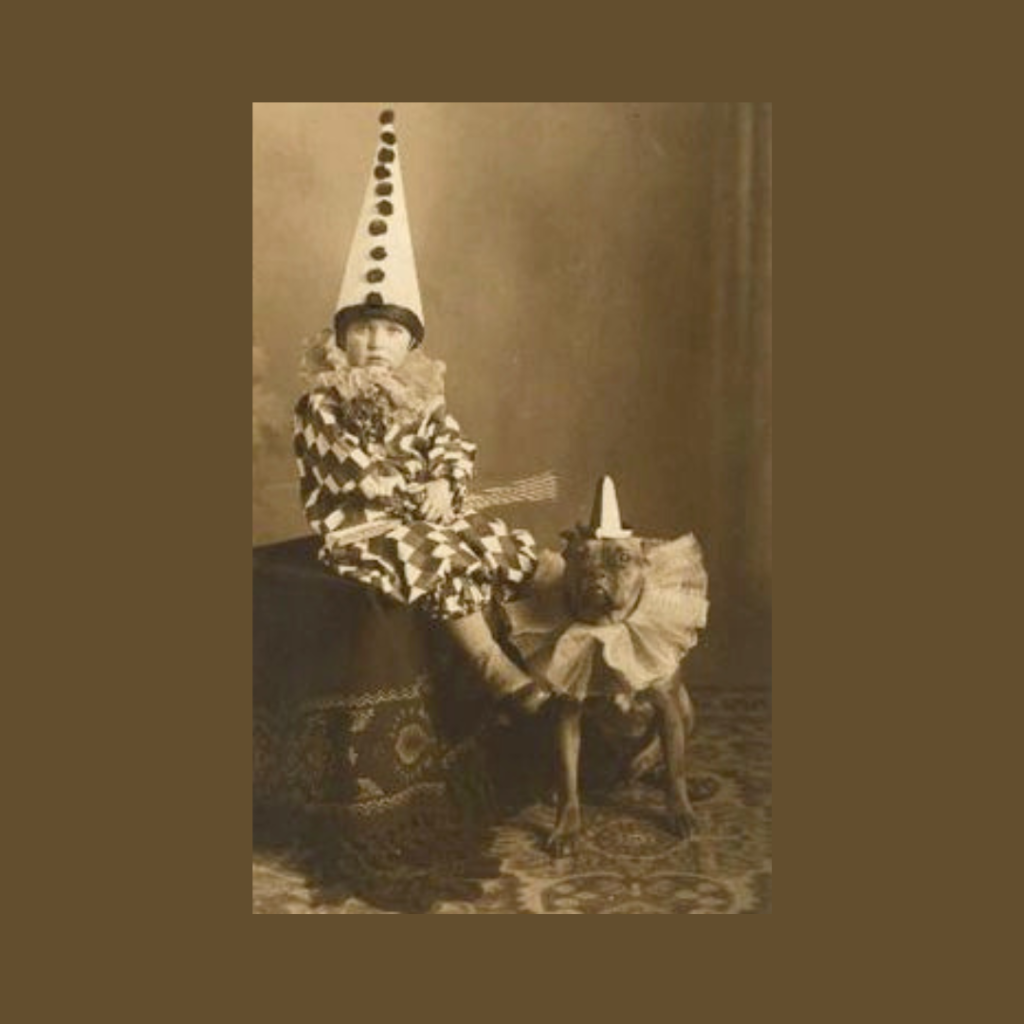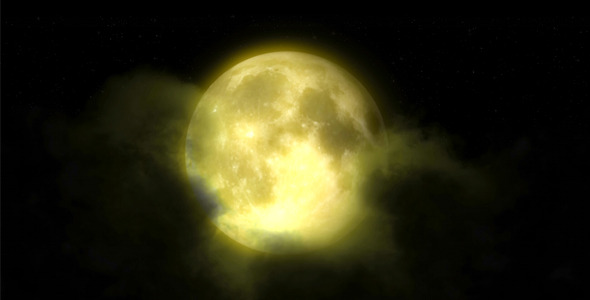 My dad was a great storyteller, and most of his stories were about his childhood during the Great Depression. Largely because my grandfather was one of the few men who kept a job during the Depression, my dad’s childhood was colorful, and he could afford many things that most of the other kids could not. At that time, my grandfather was a butcher, and he brought home scraps from his work. Consequently, my dad fed many of the stray dogs in town. After he fed the dogs, he trained them and taught them tricks. My dad’s mother sewed scraps of fancy fabrics and laces together and made each dog a costume. On Saturdays, my dad and all the dogs put on a circus in his backyard.
My dad was a great storyteller, and most of his stories were about his childhood during the Great Depression. Largely because my grandfather was one of the few men who kept a job during the Depression, my dad’s childhood was colorful, and he could afford many things that most of the other kids could not. At that time, my grandfather was a butcher, and he brought home scraps from his work. Consequently, my dad fed many of the stray dogs in town. After he fed the dogs, he trained them and taught them tricks. My dad’s mother sewed scraps of fancy fabrics and laces together and made each dog a costume. On Saturdays, my dad and all the dogs put on a circus in his backyard.
Although my dad cared for many dogs, his favorite was Petey, and Petey was a character. One Saturday, my dad and one of his friends walked to town to see a real circus. Before they left, they locked Petey inside the house, but like Houdini, Petey freed himself, and he also went to the circus that day. Petey arrived at the show a little late, but from beneath a tent flap, he enjoyed every performance until it was time for the dogs to perform.
One by one, the fancy, fuzzy circus dogs tiptoed on their hind legs into the ring, and they circled around and around. Their pom pom tails circled behind them, and afterward, they yipped on command. Petey couldn’t stand it. He darted from outside the circus tent to the center. The circus dogs went wild. Barking and jumping frantically, the fluffy dogs forgot their fancy act, and they followed Petey around the ring. The dog trainer fumed, and he cracked his whip at Petey. That caused my dad’s dog to dart outside—out of the circus tent entirely—and the circus dogs followed close behind him. The people inside the tent also ran out after the dogs, and that day, a different kind of circus took place in my dad’s little town. Petey was the star of the show. But that is not the only time that this precocious dog freed himself from the house.
Allow me to backtrack a bit. My dad’s mother was a Methodist. I loved my grandparents. Although my mother kept me active in my community’s Baptist church, I also loved my grandmother’s Methodist church, and I attended there, as often as I could. From the time that I was a young child, I have noticed that the tone inside most Baptist churches is not like that of most Methodist churches. The Baptist church of my childhood was bright and light. It had a “Jesus-Wants-Me-for-a-Sunbeam” feeling about it. On the other hand, my grandmother’s church was dark and more mystical inside.
When I was a child, I also noted several other differences between my Baptist church and my grandmother’s Methodist church. One difference had to do with the choir. In the Baptist church of my childhood, the choir was omnipresent. From the moment that the service began, my Baptist choir was positioned at the front of the building, looking out at the rest of us who sat in the pews. In my grandmother’s Methodist church, the choir proceeded into the sanctuary. It was almost like a parade. I have a story about my grandmother’s church processionals.
On Sunday mornings, before my grandmother would go to worship, she would do everything she could to secure my dad’s dog Petey inside the house. Yet, invariably, that hound would find a way to escape. More than once, Petey would sneak down to the church just as the choir was parading inside, and he would position himself at the rear of the procession. After the pastor and the choir had filed in and had taken their positions at the front of the church, Petey would follow and assume his spot at my grandmother’s feet. Oddly, no one seemed to be bothered by this. Everyone seemed to agree that Petey was just part of the choir.
I have heard that story so many times that I sometimes forget that I was not sitting with my grandmother and Petey, as they sang in that old Methodist choir. Although I am worshiping in the Baptist church now, my memories of church are both Methodist and Baptist. My favorite memories of my grandmother’s church were of the old tent revivals there. Other than the fact that a dog once sang in the choir, services inside my grandmother’s church buildings were usually fairly formal, but the tent revivals were not formal.
When I was a child, air conditioners were almost non-existent. Those were the days when going to church in summer was synonymous with cardboard fans, stapled on a stick. Over the years, I have created several types of writing. I write picture books for children, and for many years, I have written memoir stories. But over the years, I have also written several types of poetry. Quite often, the poems are extensions of a bit of memoir that I have written. Years ago, on an early autumn night, just about this time of year, I wrote the following free-form or non-rhyming poem about my memories of tent revivals at my grandmother’s Methodist church:

A Hazy Autumn Moon
Tonight, the moon in my garden is full.
But this is not one of those hot-light nights
When the hum of the locusts was so loud that the air rattled and whirred.
On those nights, the crickets and the frogs sang, too.
But tonight is not one of those nights—
Those nights when church ladies would beat around their faces
With cardboard fans that had Jesus painted on them.
Their fans flapped like hummingbird wings.
I still feel that fluttering about.
But tonight is not like that on a sultry, summer evening when
I would walk, hand in hand, with my my grandmother,
To a huge tent, just a block away.
We attended her old-time church revivals there, and
We would stand up and sit down beneath the bare light bulbs, strung overhead.
We sang, ‘In the Sweet By and By,’
And the dangling light bulbs twinkled along.
But yes, Lord, this is not one of those loud, blaring, bugle-like,
Jazz-singing, blazing yellow, sweaty-wet, summer-moon, star-light, star nights.
Tonight, there is a hazy moon,
Kissed by cornstarch, hanging in the dark.”
I wrote those words when I was in New Jersey, and I realize now that at that at that time, I was that hazy-dazy cornstarch moon, hanging in the dark. Like many writers, when I reference the darkness, I am usually talking about how I am feeling within myself. But since I have moved back to Mississippi, I have moved more toward the light again, and I thank God for His Light.
This week, on September 22, is Autumn Equinox. An equinox is when the times of night and day are about equal. After the autumn equinox, the days become shorter and darker until the spring equinox. Light is especially important to Christians. We honor the fact that on the very first day of God’s creation of the world, He created light. Before that time, the world was a damp, dark, watery abyss, but God created light to conquer that darkness, and later, he sent Jesus to be the eternal Light.
I always welcome the darker, cooler days of autumn, but this year, as I wrap myself in flannel shirts and hover over a tiny flame inside my house, I will be assured that I always have a warmer and brighter light, shining from above.
For He is the “Light of the world.” John 8:12.
Discover more from Jacki Kellum
Subscribe to get the latest posts sent to your email.